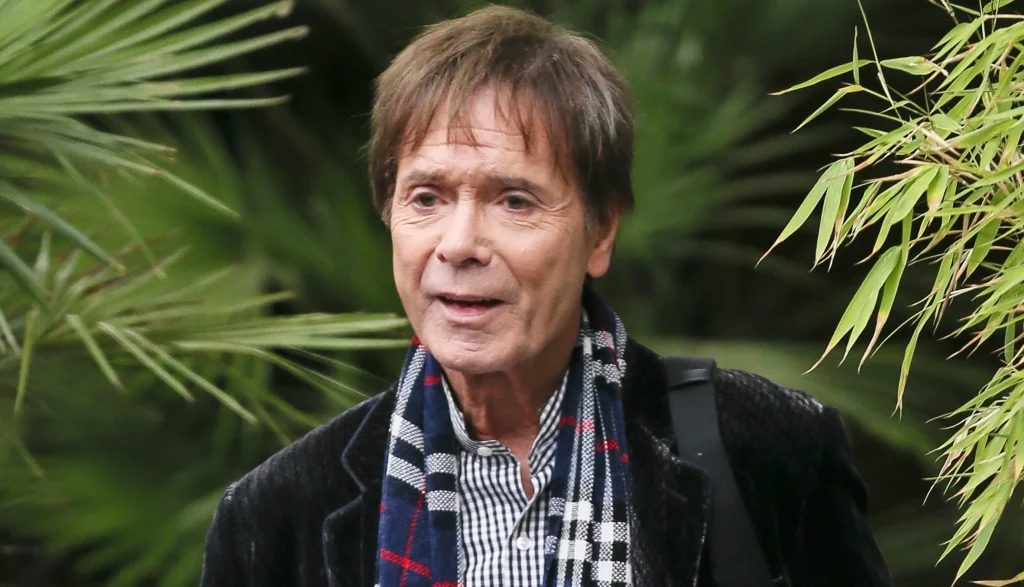
A Heartfelt Lament on Lost Connections
In the summer of 1979, the world was graced with a song that would etch itself into the annals of musical history—“We Don’t Talk Anymore” by the legendary Cliff Richard. This poignant track, which served as a bridge between the fading disco era and the burgeoning new wave movement, quickly captured the hearts of listeners around the globe. Released as a single from Cliff Richard’s album Rock ‘n’ Roll Juvenile, the song soared to number one on the UK Singles Chart and secured a place within the top ten in numerous countries, including reaching number seven on the US Billboard Hot 100. Its commercial success was a testament to its universal theme and emotional resonance.
At its core, “We Don’t Talk Anymore” is a narrative steeped in nostalgia and longing, exploring the painful silence that follows a once-vibrant relationship. The song’s lyrics delve into the emotional aftermath of a love lost, capturing that all-too-familiar feeling when communication breaks down, and two people who were once inseparable drift apart into strangers. The sense of yearning is palpable, as Richard’s smooth vocals convey both a sense of resignation and an underlying hope that perhaps things could be different.
The story behind this iconic song is as intriguing as its melody. Written by Alan Tarney, a frequent collaborator with Cliff Richard, “We Don’t Talk Anymore” was initially crafted during a period when Richard sought to reinvent his sound and remain relevant in an ever-evolving music scene. The late 1970s were a transformative time for music, with punk rock challenging norms and disco reaching its zenith. Against this backdrop, Richard’s team was determined to produce something fresh and relatable. Tarney’s composition provided just that—a modern pop-rock tune infused with catchy hooks and relatable lyrics.
The production of “We Don’t Talk Anymore” is another noteworthy aspect. It features an infectious blend of guitar riffs and synthesizer melodies that perfectly complement Richard’s emotive voice. The polished arrangement strikes a delicate balance between melancholy and upbeat pop sensibilities, making it both a danceable track and a reflective ballad. This duality is perhaps why it resonated so strongly with audiences; it encapsulates the bittersweet nature of reminiscing about past relationships.
For many listeners, particularly those who experienced their formative years during the late ’70s and early ’80s, “We Don’t Talk Anymore” evokes vivid memories of youth—nights spent dancing under mirrored disco balls or quiet moments of introspection contemplating lost loves. Its enduring appeal lies in its ability to articulate feelings that are both deeply personal yet universally understood.
Over four decades later, the song remains a staple on classic hits playlists and continues to be covered by artists across genres, underscoring its lasting impact on popular culture. Cliff Richard’s performance is often credited with bringing an authentic vulnerability to the track, allowing listeners to feel seen in their own experiences of heartache and separation.
In reflecting on “We Don’t Talk Anymore,” one can’t help but appreciate how it encapsulates the timeless struggle of human connection—how easily words can slip away from us, leaving behind echoes of what once was. Yet, within its verses lies a gentle reminder that while some conversations may fade into silence, the memories we hold remain ever vibrant, etched in our hearts like melodies that never truly leave us.
For those who cherish music as a companion through life’s ebbs and flows, Cliff Richard‘s “We Don’t Talk Anymore” stands out as a heartfelt ode to relationships past—an anthem for anyone who has ever felt the sting of unspoken words and yearned for what once was.
